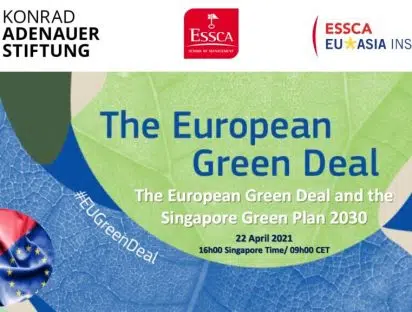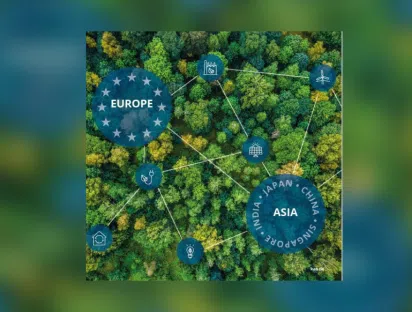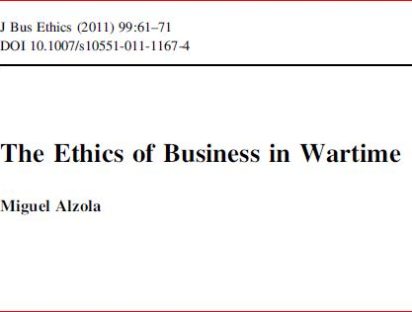On 3-4 December 2024, Sonia Chikh M'hamed of ESSCA's EU-Asia Institute participated in a closed-door workshop "Decarbonizing the world for a better future" organised by the Energy Studies Institute (ESI), the National University of Singapore in Singapore. The workshop brought together leading experts and researchers to discuss pathways for achieving a sustainable, decarbonised future, with a focus on the critical intersection of geopolitics, technology, and policy.
During the session 'Geopolitics and international relations – how do they reshape energy transition?' Sonia joined a panel of esteemed experts and researchers, including Mr LEOW Foon Lee, Professor Eunjung Lim and Dr Mirza Sadaqat Huda to present EU’s approaches and strategies towards energy transition in a changing World.
Sonia's presentation drew extensively on her previous research project 'The European Green Deal - Perspectives for EU-Asia Relationship', funded by the Konrad-Adenauer-Foundation.
Sonia highlighted critical intersections between policy, technology, and social equity in achieving decarbonization goals. Below are the key takeaways and insights from this workshop:
- Sector-specific decarbonisation strategies: The energy transition is confined to transforming solely the energy sector. It is embedded in different policy areas -including industrial policy, transport and mobility, agriculture, etc.- and needs to be understood within a broader framework for building a sustainable future. In Europe, the European Green Deal (EGD) aligns sectoral policies and strategies under a single vision. Strengthening resilience and competitiveness are key priorities as the EGD moves into its next phase.
- The role of technology and security: While significant progress is being made in green technologies such as hydrogen, offshore wind, grid integration and carbon capture and storage (CCS), scaling up these innovations remains the key challenge, especially in the face of turbulent geostrategic and geopolitical dynamics. Digitalisation and connectivity in the energy sector bring additional complexities, in particular the need to secure digital infrastructure and effectively address cybersecurity risks.
- Resource Dependencies and Sovereignty: The global race for critical and rare raw materials, which are urgently needed for clean energy technologies, is reshaping international relations. This competition involves new strategic alliances, massive infrastructure investments and global market competition to secure access to these vital resources. This competition underscores the growing importance of resource sovereignty, with countries striving to reduce dependencies on external suppliers.
- Global supply chain diversification and multilateral frameworks: The synergies between the goals of long-term energy security, sustainability and affordability are clearer than ever. This means diversifying global supply chains, securing access to strategic resources, accelerating domestic renewable energy production and investing in infrastructure. Multilateral frameworks such as the International Renewable Energy Agency (IRENA) should facilitate the global energy transition and address global climate change.
- Just transition and social justice: In the global race for a decarbonised world, policies must address the needs of vulnerable communities most affected by climate change and rising energy prices as part of a just transition process. Policies and tools associated with the just transition do not lead (yet) to a (global) just transition that adequately addresses environmental and social problems. This could limit or water down the transformational power of those policies.
The insights gained from the workshop highlight the critical importance of fostering cross-regional collaboration, particularly between Europe and Asia, to address the interconnected challenges of energy security, sustainability, and sovereignty.
As geopolitical dynamics continue to evolve, advancing resilient, inclusive, and cooperative strategies will be vital to building a decarbonised and equitable future for all.
These discussions serve as a call to action for policymakers, researchers, and stakeholders to advance integrated and inclusive solutions for a sustainable and resilient global energy future.





